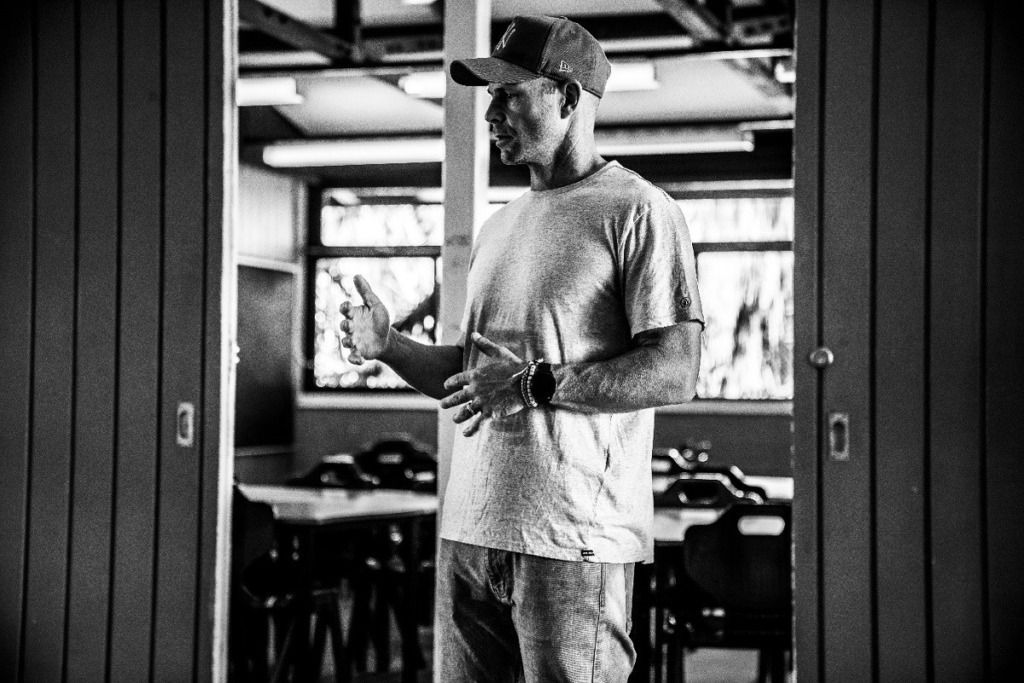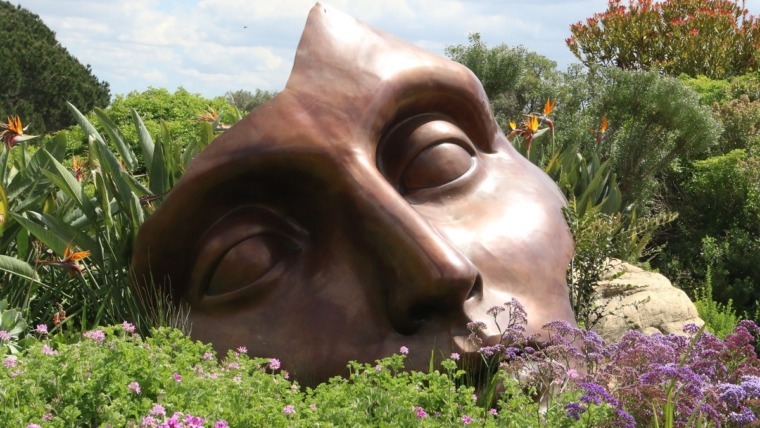
Written by Brady Walker
According to the World Health Organisation (WHO), mental health is “a state of well-being in which every individual realises his or her potential, can cope with the normal stresses of life, can work productively and fruitfully, and can make a contribution to her or his community.”
The issue of mental health is not new; far from it, sensitivity towards mental health throughout the ages, however, has improved thankfully. From witch hunts through the 15th to 17th centuries up until the modern day where shamefully until the 1970s homosexuality was still considered a psychological disorder (American Psychiatric Association’s Diagnostic and Statistical Manual (DSM))
Conditions, time, and we would hope a greater acceptance in humanity has evolved, the work from so many, tireless in breaking associated stigmas that somehow linger about even the slightest feeling of melancholy on any given day.
So, what does mental health look like for us as individuals?
Is it as per the WHO description as above? An ability to cope with the normal stresses of life.
I would then ask you to explain what “normal” looks and feels like to you.
Is it merely ‘a state of well-being in which every individual realises his or her potential?
I would then ask you to tell me what your full potential looks and feels like.
As a performance coach and breathwork facilitator, I am entirely aware that mental health is never one size fits all, many realms of mental health I do not profess to be across. I am not a clinician in that traditional sense. My approach may even be considered by many to be left of field or unconventional.
We only know what we know, what we have been taught, and generally, only replicate our environment, taught how to get along, gain momentum in life, ‘cope with normal stresses,’ ‘reach his or her potential.’ Yet we are never or rarely taught to FEEL and lean into ourselves with that intimacy. We are traditionally discouraged in displaying emotion. We do not get angry, we do not stay sad, and if you are too excitable, you are classified as ‘mad,’ ‘crazy,’ and hard to handle.
So, again I ask, what is the version of normal that permits us to be great with life stress?
What is the normal that allows you to reach your own and full potential?
If we can agree that there is no ‘real’ normal and at a basic, your normal is far different from my interpretation, then what it is that we are trying to expect ‘normal’ mental health to be?
At an elementary day to day level of mental wellness, I think there is a misconception that lies within ourselves, a gauge, someone or something to tell us where we are rather than feeling that where we are right now is enough.
And what if you are bold enough to feel more than that? What if your potential far reaches and exceeds the people that are confronted by your bold, brash aspirations? Are you then ‘pulled down a peg or two and knocked off your high horse and reined in?
There is no doubt that statistically, we have never been worse in mental health parameters. Beyond Blue states, 26.3% of Australians aged 16 to 85 have experienced an anxiety disorder. This is equivalent to 4.96 million people today alone and that 1 in 4 will experience it in their lifetime.
So, what’s the reality here? Is its diagnosis and services in mental health getting better that account for the rising statistics or are more people coming forward in the hope of seeking a truth that they are not in a position to recognise for themselves?
Are people feeling that they are battling with anxiety and depression or are they wound so tight with no outlet for the anger held and passed on through destructive relationships the same anger they have been discouraged, shamed and taught to pretend doesn’t affect their worlds
Through my work, I see a lack of innate and intuitive trust in people’s lives. A lost sense of self that allows us to be fully seen in our own ‘normal,’ allowing the inner confidence to reach further than the world around us often enables and to be living in a state of well-being for ourselves.
A state where we realise our potential, understand our normal and cultivate enough self-worth to realise how valuable our contribution is.
Considering mental health Considering mental health Considering mental health Considering mental health



